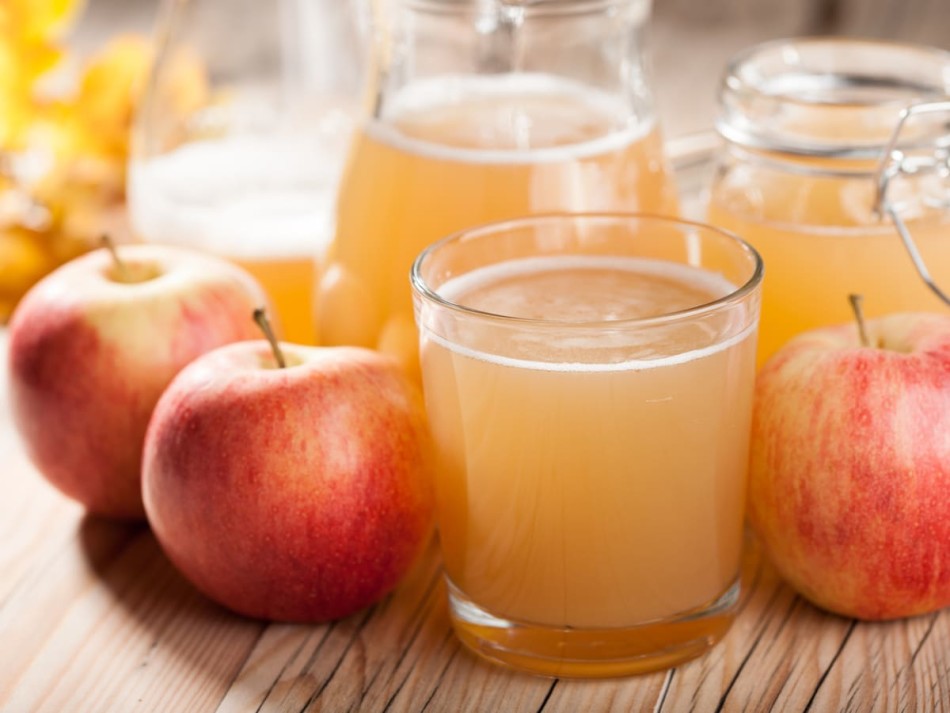Apple Juice: what is the evidence?

Apple Juice: what is the evidence?
1 min read
Apple juice contains a variety of nutrients including vitamins, fibre and polyphenols such as chlorogenic acid and quercetin. The benefits of apple and apple juice consumption have been studied in relation to their antioxidant content and the benefits that may follow consumption.
A recent randomized crossover trial (RCT) in 26 participants found that acute consumption of 3 apples daily mitigated the postprandial inflammation caused by a high fat meal [1]. The same researchers have also examined the longer-term effects of apple consumption with a parallel arm study where participants consumed 3 apples per day or no apples for 6 weeks [2]. Apple intake increased total antioxidant capacity and reduced several markers of inflammation in this trial.
In another recent RCT, 36 adults were given 700ml/day of either water, 100% apple juice or a sugar-sweetened beverage (SSB) for 3 weeks [3]. After consuming apple juice or the SSB there was no effect on glucose control after a sugar challenge or any effect on cardiovascular risk factors such as body mass index, blood pressure or blood lipid profile.
A further study reviewed all currently available RCTs pertaining to apple juice and health [4]. Researchers found that “cloudy apple juice consumption was found to be associated with several markers of cardiovascular health that may ultimately be relevant for cancer and neurodegenerative diseases.” Most of the trials included in this study focused on the benefits of apple juice against oxidative stress and found an increase in antioxidant capacity within a few hours of consumption. The authors relate these effects to the polyphenol and vitamin content of 100% apple juice.
To conclude, the studies carried out on apples, and the smaller number of studies on apple juice, so far point to health benefits of apples. However, more studies specifically on apple juice are needed to further investigate the mechanisms, and specific benefits to consuming apple juice.
References
1 Liddle DM et al. (2021) https://pubmed.ncbi.nlm.nih.gov/34105575/
2 Liddle DM et al. (2021) https://pubmed.ncbi.nlm.nih.gov/33964852/
3 Martinez O et al. (2022) https://pubmed.ncbi.nlm.nih.gov/35080487/
4 Marcotte B V et al. (2022) https://pubmed.ncbi.nlm.nih.gov/35215471/
